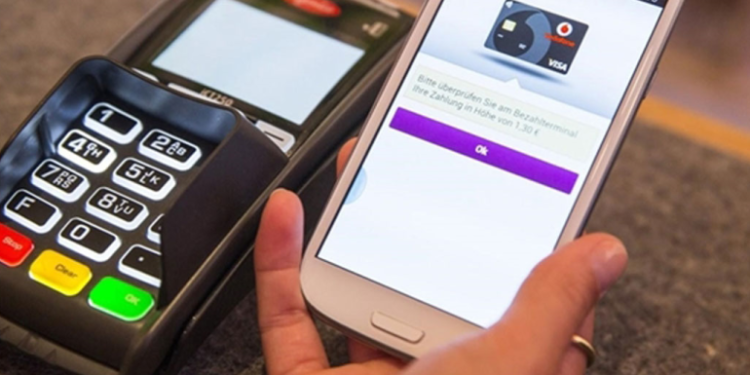
Nigeria’s mobile banking grows by 125% amid cash crunch
In January 2023, Nigerians made mobile payments totaling N2.37 trillion, a startling 125% increase over the same period the year prior amidst the nation’s ongoing cash shortage.
The Nigeria Inter-Bank Settlement Systems(NIBSS) just released data that supports this. In contrast to the 32.6 million transactions recorded in January 2022, the number of mobile transactions in the largest African economy increased by 55% year over year to 108.1 million.
The apex bank’s move to redesign higher naira denominations and phase out the old notes from the economy has resulted in severe cash shortages for Nigerians in recent weeks. Prior to being extended until February 10th, 2023, the original deadline for using the old notes was January 31, 2023.
Cash transactions have, however, been difficult to come by in the country because of the restricted availability of new notes, with many having to wait in lengthy lines at ATMs, point of sale (POS), and banking halls.
Others were required to pay up to 30% more to withdraw money from POS agents located all throughout the nation. Nigerians had to use different methods because of the country’s cash shortage.
From N26.65 trillion in the same time of 2022 to N38.77 trillion in January 2023, the value of NIP (NIBSS Instant Payments) increased by 46 per cent. When compared to the N42.03 trillion reported in December 2022, it only slightly fell by 7.7%.
Noteworthy, it also known December for higher expenditure because of the Christmas and New Year’s celebrations throughout most of the country.
The number of NIP transactions increased by 55% year over year, from 348.4 million in January of last year to 541.65 million in January of this year.
Similar to online purchases, POS transactions rose by 41% to N807.16 billion in the review month. At the same time of 2022, it was N573.7 billion.

Banking infrastructure deficit: Growth could have been higher than what was recorded in January, given Nigeria’s need to complete transactions amid a lack of cash.
However, the banking sector’s deficit has frustrated many Nigerians in the last two weeks, as they have experienced significant setbacks with their mobile transactions, including unsuccessful debited transfers, inability to access bank mobile apps, and network failures.
Increased usage caused the frequent downtime in bank applications, leaving Nigerians with few options but to switch to alternative payment methods.
However, most banks’ and FinTechs’ infrastructure is insufficient to handle the volume of traffic seen in recent weeks.
This reduced the number of transactions that would otherwise have been recorded in January 2023. As cash scarcity persists, the current month appears set to outperform the previous month.
Indeed, the CBN has taken an aggressive approach to increasing the adoption of cashless transactions in the country, reducing the volume of higher denominations in the economy, lowering the over-the-counter withdrawal limit, and redesigning the new currency notes in general.
As a result, it is critical to constantly monitor the adoption of alternatives in Nigeria to assess the success of the apex bank’s policy.

